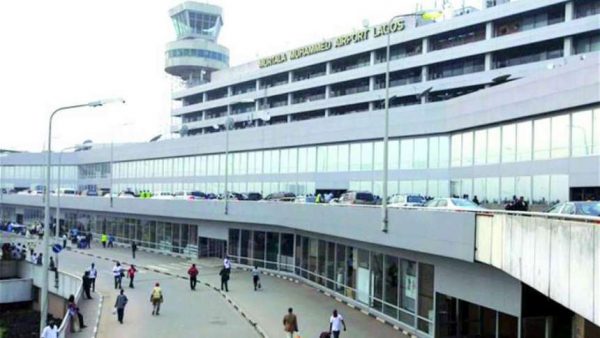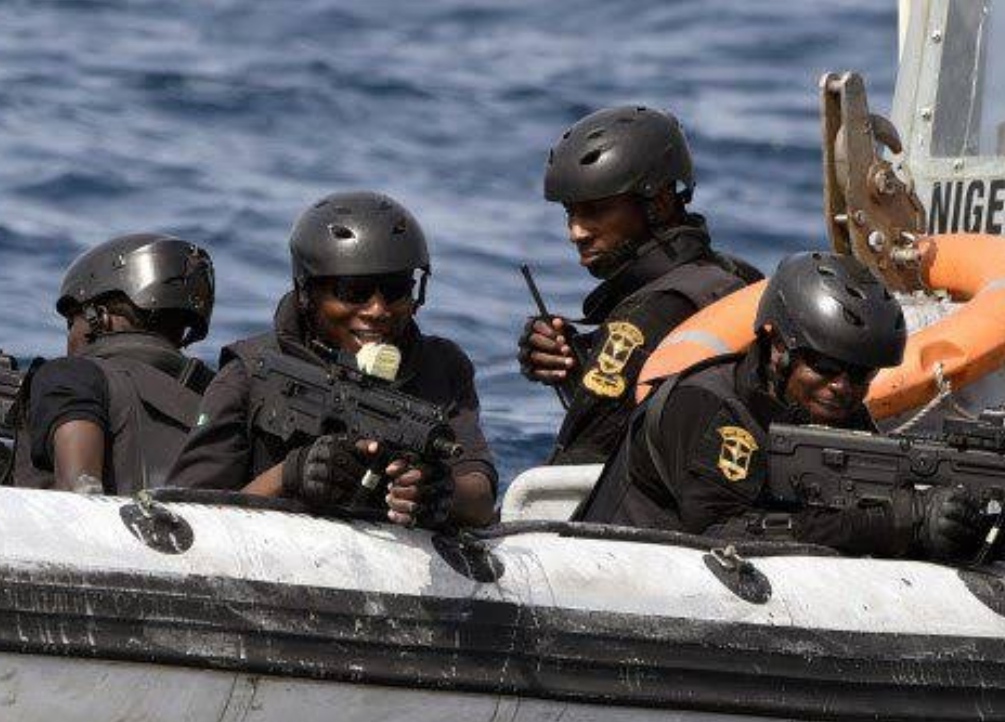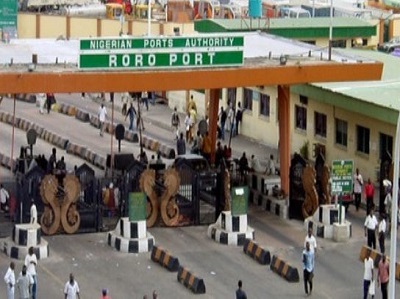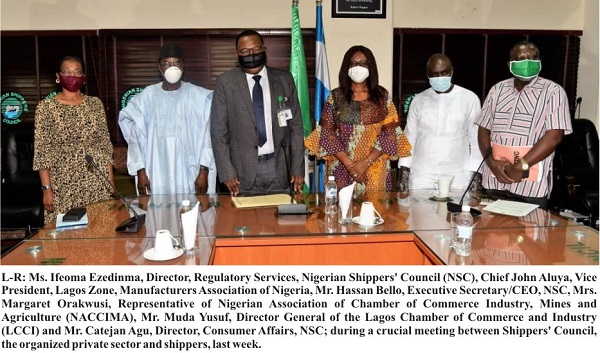GoG: Why Deep Blue Project Won’t Sufficiently Combat Piracy – Experts
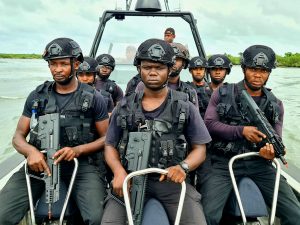
By Kenneth Jukpor
Despite wide commendations on the recently launched Deep Blue Project to curb the menace of piracy and sea robbery in Nigerian territorial waters and the entire Gulf of Guinea (GoG), some shipping experts have given reasons why the assets wouldn’t sufficiently police the area.
The security infrastructure assets include; two special mission aircrafts (SMA) for surveillance of the Exclusive Economic Zone (EEZ), three special mission helicopters (SMHs) for search and rescue, and four unmanned aerial vehicles (UAVs), the C4i Centre, 16 armoured vehicles for coastal patrol, and a 340-strong maritime security unit personnel specially trained for interdiction, while the sea assets comprise two special mission vessels (SMVs) and 17 fast interdiction boats (FIBs).
Speaking with MMS Plus during an exclusive chat, a former Director-General of NIMASA, Barr. Temisan Omatseye said; “although the Deep Blue Project assets would assist in the fight against piracy, it can’t effectively cover the 84,000 nautical miles of Nigerian waters which comprises EEZ. Don’t forget that they are also considering the possibility of taking up more responsibility in the Gulf of Guinea (GoG).”
“While I agree that Nigerian waters are still insecure, the truth is that the pirates are going far away, upto 200 nautical miles from Nigeria. Do we have the capacity to monitor that region and react speedily? While I commend the Deep Blue Project, I would suggest that we begin to think of a different strategy which will also constantly monitor this problem and reduce the number of attacks on the high seas.”
According to him, besides the assets which will be operated by the Navy, Airforce and Army, there should also be a strong collaboration with the intelligence community onshore, especially with the Marine Police, DSS, and other security agencies.
In another dialogue with our correspondent, the Chief Executive Officer of Sopetro Marine Limited, Mr. Mina Oforiokuma also stated that the Deep Blue Project assets can’t effectively police the nation’s waters.
Mina, who is also a Governing Board member of the Nigerian Content Development and Monitoring Board (NCDMB) argued that the government may need to allow private operators to also take up the onus of securing certain aspects of the maritime domain while the government security agencies focus on the core areas which are crucial locations.
While commending NIMASA, he stressed the agency should explore innovative approaches to tackle the menace of piracy as the Deep Blue Project assets can’t effectively cover the nation’s territorial waters.



